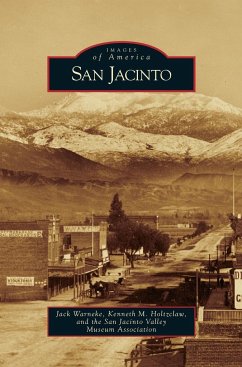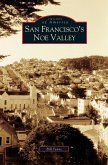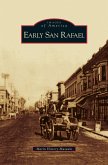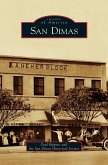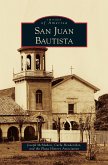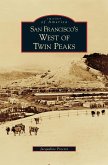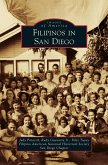Many villages of native Luiseno Indians were originally located in San Jacinto Valley. When Spanish explorer Don Juan Baptista de Anza of Tubac, Arizona, passed through this area in 1774, he named it San Jacinto, which translates to St. Hyacinth. After Spain ceded the area to Mexico, the Estudillo family of San Diego received a land grant in 1842 that included the San Jacinto Valley, and the settling of immigrants from the east soon followed. The City of San Jacinto was= incorporated in 1888, but two major earthquakes in 1899 and 1918 destroyed all of its brick buildings, which were never again rebuilt. Agriculture crops were the main industry until the 1980s, when the housing boom began, and today San Jacinto is considered a desirable and progressive city to live in."
Hinweis: Dieser Artikel kann nur an eine deutsche Lieferadresse ausgeliefert werden.
Hinweis: Dieser Artikel kann nur an eine deutsche Lieferadresse ausgeliefert werden.

